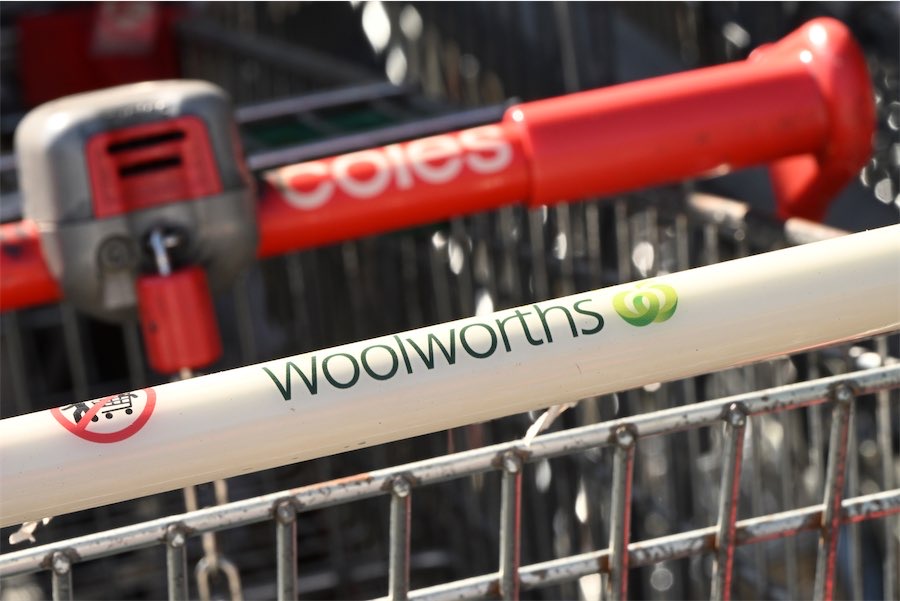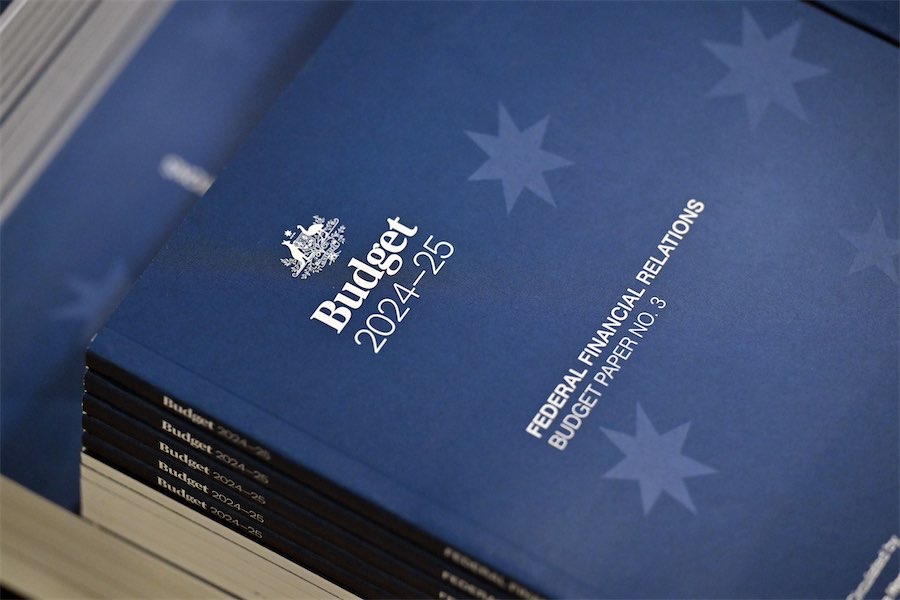
Supermarkets could be slapped with millions in fines under a mandatory code of conduct in a move the prime minister believes will reduce prices at the checkout.
An interim review of the voluntary Food and Grocery Code, which governs how supermarkets interact with suppliers, is calling for steep penalties for supermarkets that don’t comply.
The review, led by former Labor minister Craig Emerson, has urged that the code be made mandatory, with fines as high as $10 million or 10 per cent of a supermarket’s annual turnover in the previous year.
Prime Minister Anthony Albanese is adamant moving to a mandatory code would bring financial relief for shoppers.
“This work is all about how … we make our supermarkets as competitive as they can be, so that Australians get the best deal possible whether they be the providers or, of course, the consumers at the checkout,” he told ABC Radio on Monday after the interim report was handed down.
“What is happening at the moment is that the power of the supermarkets with just a voluntary code of conduct has seen a lack of confidence in the system.”
The interim review recommends the mandatory code apply to supermarkets with annual revenues of more than $5 billion, which would take in Coles, Woolworths and Aldi.
The findings do not recommend the break-up of major supermarkets under divestiture powers, warning that would lead to less competition and job losses.
“What do you do if there’s two supermarkets in a particular town or regional or community and one of them is Woolworths and one of them is Coles?” Mr Albanese said.
“What do you do? Tell Coles to sell to Woolworths? That would lead to an increased concentration of market power as well, or do you somehow get a foreign company to come in and have a presence in a regional town?”
Both the Greens and the coalition are working separately on divestiture powers, but Dr Emerson said a mandatory code was a more effective way of cracking down on the major supermarkets.
“What I’m proposing is credible and it has been checked with the (consumer watchdog), the supermarkets would be very mindful of the legislation if the government picks this up,” he said.
“The divestiture stuff is never going to happen.”
Dr Emerson said he hoped major fines would not need to be imposed, but large penalties must be in place to properly enforce the code.
A Coles spokesperson said the supermarket was committed to the objectives of the code and would continue to work constructively as part of the review process.
Woolworths backed the code being made mandatory, but hoped it would be applied to all major Australian retailers and some global giants as well.
“We support (the code) becoming mandatory for all large retailers and wholesalers of groceries to engender public trust and to level the playing field for retailers and wholesalers alike,” a spokesperson said.
As households struggle to pay for groceries due to high food prices, Woolworths and Coles are accused of price-gouging customers, stifling competitors and undermining suppliers.
Treasurer Jim Chalmers says the code will help give “a fair go” to families and farmers.
But Nationals leader David Littleproud said the review’s findings are months away from being implemented.
“Many of those recommendations were offers the National Party made to the government over 15 months ago,” he told ABC Radio.
“The government won’t be implementing this until the full findings come down in June … and unfortunately, we’ve got people making real decisions at the supermarket every day.”
Consultation is open on the interim report until April 26, before the final report is released at the end of June.
Who can be trusted?
In a world of spin and confusion, there’s never been a more important time to support independent journalism in Canberra.
If you trust our work online and want to enforce the power of independent voices, I invite you to make a small contribution.
Every dollar of support is invested back into our journalism to help keep citynews.com.au strong and free.
Thank you,
Ian Meikle, editor





Leave a Reply